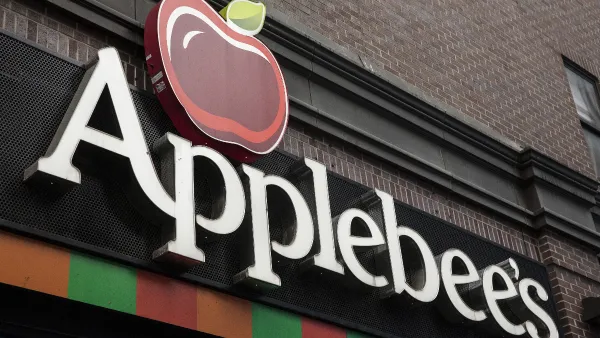Dive Brief:
- Baby boomers and Generation Xers spend the most on food and beverage but as millennials enter their peak earning years, they will become the biggest spenders at groceries and restaurants within 10 years, a CBRE report Food in Demand: Consumers predicts.
- While millennials dedicate the highest share of their income to food and beverage, they don't spend more on food than older generations when they were 25 to 35 years of age. In 1989, baby boomers spent 14.7% of their income on food while Gen Xers put 13.2% of their expenditures toward food in 2001. Comparatively, millennials spent 13.1% of their salaries on food in 2016.
- Millennials have been particularly conscious with their spending, given their growing student debt and lack of assets, which has driven up demand for low-priced food options such as fast casual and fast food.
Dive Insight:
Perhaps the biggest implication millennials will have on the food and beverage industry is the generation's preference for delivery. This demographic has been driving demand for at-home delivery more than any other generation with higher spending power due to the added convenience and a propensity to stay at home. Casual dining, which has struggled with dine-in traffic, seem to be taking note. Denny's experienced a spike in deliveries during breakfast and late-night largely due to younger consumers.
CBRE expects millennials will start to eat out at full-service and high-end establishments and grocery stores within the next 10 years as their spending power improves. But there will still be a growing need for fast food and low priced grocery stores, especially as more baby boomers retire and have fixed incomes.
Millennial attitudes on finances are already starting to shift, and 70% expect their personal finances to improve this year compared to 51% of Gen Xers and 34% of baby boomers, according to the National Restaurant Association's 2019 State of the Restaurant Industry report.
Cost conscious millennials could also present additional opportunities for promotions and deals, especially at full-service restaurants that they frequent less. According to the National Restaurant Association, 71% of millennials would eat at a restaurant that offered discounts for dining during less busy times and 66% said they would pick smaller portions for a lower price.
Millennials with kids also are proving to be rising demographic of diners, increasing restaurant visits by 5% last year, according to NPD Group. The main segment of choice for this demographic remains QSR and fast casual due to the added convenience factor.
While millennials could provide an immense opportunity in the years ahead, restaurants that understand and cater to different age groups can get the largest share of spend, CBRE said.















